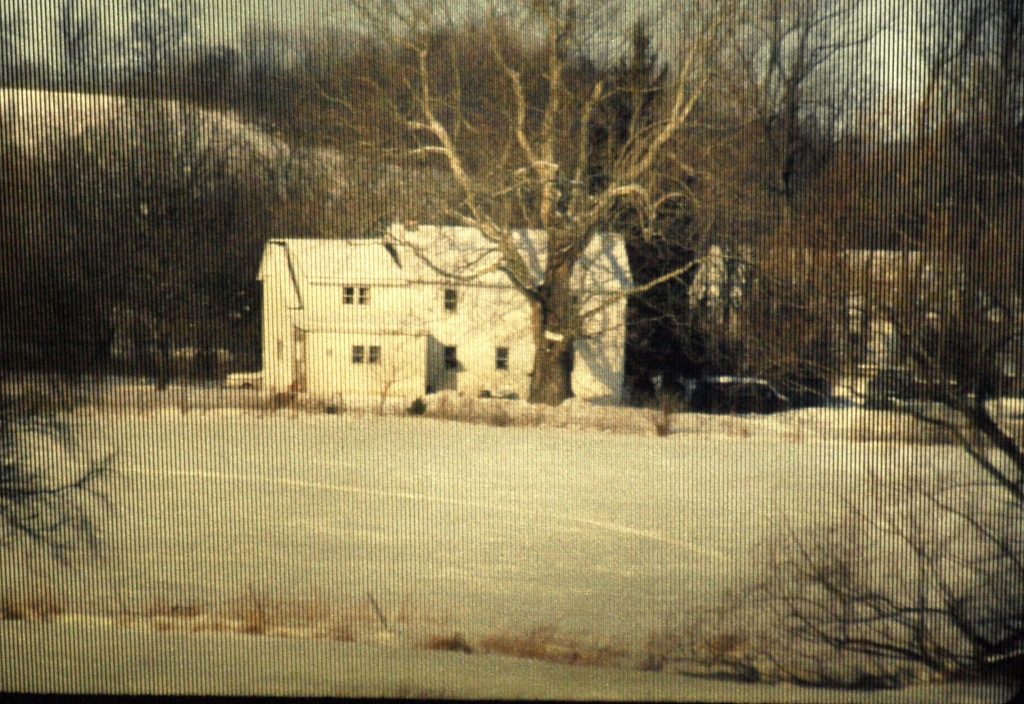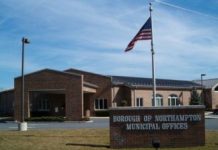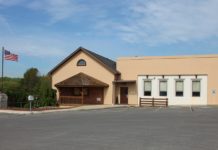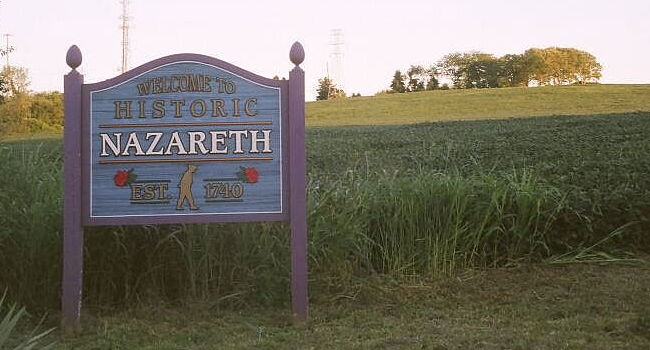
A few months ago, Mr. Oberly and this writer received a phone call from Ms. Toby Gilbert, who resides in Houston, Texas. She has read some of our columns and wondered if we would be interested in the Weaver family. The village in Allen and East Allen townships was named for a family descendant.
Toby’s sister Ms. Susan Jenkins, an attorney, has done extensive research on the family lineage. Their mother, Margie Jenkins, granddaughter of Amanda Weaver, is a descendant of Samuel Weaver, whose father, Michael Weaver, founded the village of Weaversville.
We thought this chapter of local history would be interesting to our loyal readers.
I wrote a number of columns about the village history a few years ago. Weaversville has been in the news lately — not for its long history but for the input of traffic on Weaversville Road.
Let’s go back in time to 1728 before the name Weaversville appeared. The first 18 settlers were Scotch Irish. Their leader, James Craig, purchased land from William Allen, who was the father-in-law of John Penn, son of William Penn. It was first known as the Craig Settlement and later named the Irish Settlement.
It was the first settlement in what would become Northampton County. The Catasauqua Creek provided water for the farmers and water power for grist mills. Weaversville Road was called the Kings Highway, a rough carved pathway through wooded areas. It would connect the frontier with Philadelphia.
John Hays in 1755 constructed a stone house, which would be the site of the Weaversville Hotel. He also built a tavern next to a free-flowing natural spring. History tells us Benjamin Franklin, our postmaster general, stopped at the tavern while checking the primitive postal system.
His young daughter Sally accompanied him on the trip, and they were given colonial hospitality by the Hays family. Franklin would return later to check a system of fronts constructed during the French and Indian wars.
During the war, many residents fled to Bethlehem to seek refuge from Indian attack. John Hays and a number of residents were organized by Franklin to protect the settlers during the war.
Hays’ tavern became a post office and meeting place for the early settlers. The Scotch Irish not only brought a strong work ethic, but also their Presbyterian faith and constructed a log church in 1731, one of the first churches in Northampton County.
The advent of the American Revolution saw the village rally to the cause and join the Northampton militia. Under General Robert Brown, they served the nation with courage and honor.
In two weeks, Margie and Susan Jenkins return to Weaversville. Join us!








